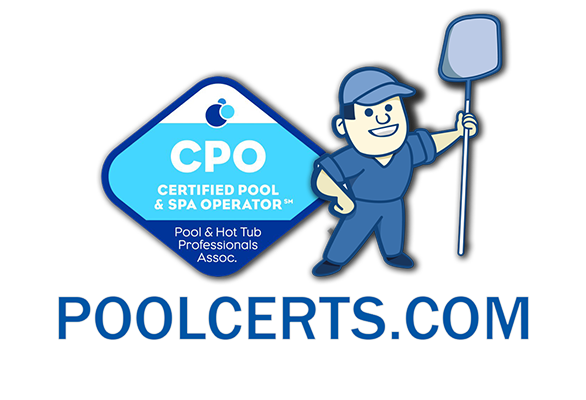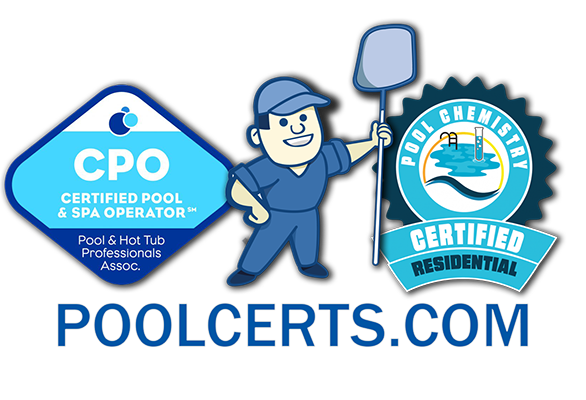Swimming is the fourth most popular sport in the US. That’s why there are more than 10.4 million residential pools in the country. That’s a lot of individual pools requiring maintenance.
Are you interested in starting a pool cleaning business? Here are some ideas to get you on the right track in the pool industry.
Create a Business Plan
Your plan should include a budget with estimated operating costs and projected revenues. Your expenses will include supplies, tools, licensing and other fees, chemicals, and operating costs for your vehicle.
To determine how much you should charge to clean a standard-sized pool, do some research on pool service charges in your local area. Decide on a business name and the structure of your business.
Insure Your Pool Cleaning Business
Visit an insurance agent to get some general liability coverage for your pool cleaning company. Insurance protects the financial assets of your business and is an essential step for any small business. While every insurance policy will be different, this coverage usually covers bodily injury, damage to property, medical payments if required, and legal costs.
If you hire a pool technician or other staff, you’ll need Worker’s Compensation Coverage in most states. This insurance covers your employees if they are injured at work. It covers them for medical costs, and disability as well.
Set Up a Bookkeeping System
Open a bank account in the business name and have some business cards printed. It’s important to keep your business income and expenses separate from your personal banking. If you run your business through your main bank account it will be a confusing mess.
You’ll have to spend a lot of time sorting through your transactions just to prepare a financial report. If you hire a bookkeeper to assist you with your reports, a business account will be an advantage.
Invoicing and collections are two important steps you want to master right away. Consider using invoicing software to allow you to generate invoices quickly online. You can email the customer right away and that will encourage prompt payment.
When you have a weekly or monthly contract, some software will auto-generate invoices. Set aside time on a regular basis to follow up on unpaid invoices. It’s important to keep the cash coming in to your bank.
Permits and Tax Number
Be sure to get the right permits or licenses to operate a business in your area. In some states, you will need a Pool Contractor License which requires a minimum level of education and a CPO certification. There is a written exam to qualify for this license.
Your local country clerk will know what other licenses or permits you need. If your business is a sole proprietorship and you have no employees, you won’t need to get an EIN. That’s an employer identification number and you get it from the IRS.
It’s recommended that you get one as it can help protect your business name. You may need an EIN to open a business bank account. Partnerships or LLC businesses need an EIN to register for state and federal taxes.
Get Certified
Customers will have more confidence in your abilities if you are CPO certified. The CPO certification is available online. In some locations, it’s offered as a blended format with one day of in-person instruction and the balance online.
Pool cleaning certification lasts for five years so it’s a great investment when starting a pool business. You will learn about regulatory guidelines and know how to keep proper records.
It’s important that you understand residential and commercial pool chemistry so you can manage the chemical feed. You’ll be able to maintain the disinfection and water balance in any spa recreational pool facility.
You will learn how to clean a pool and make minor repairs. You will also learn about various chemicals and how they keep a pool clean and clear of algae. These courses give you the knowledge and skills to maintain regular operations of a pool.
Pricing Your Services
When you advertise your services you can charge by the hour but not everyone is comfortable with an hourly rate. If you provide a quote for one-time cleaning of a certain sized pool, it can help them decide to hire you.
Other pricing options might include a weekly or bi-weekly cleaning service or cleaning a pool once a month. Some customers would prefer to have the service open their pool at the beginning of the season and close it at the end.
Base your quotes on pool size and cleaning frequency. It’s a great way to give potential customers an idea of the costs.
Create a Web Presence
You’ll want to create a web presence to help you gain customers. A small business website is a great start.
You can begin with a simple site with contact information and a list of the services you provide. Have a section for informational posts and try to create a blog post once or twice a week.
If you write your posts during the off-season, you’ll save time during your busy season. Create a social media strategy that is directed at your ideal customers. Most pool owners are older and more established but they are exploring different social media platforms.
Equipment and Transportation
You’ll need a way to get to your jobs. Find a vehicle that’s easy on gas but large enough to carry the equipment you need to work on pools. Generally, you will be cleaning and testing pools and sometimes performing minor repairs.
Here’s a list of some of the most used pool equipment.
- Test kits and water test strips
- Pool shock, to destroy contaminants
- A skimmer for leaves and floating debris
- A telescoping pole for hard to reach items
- A multi-purpose pool cleaner
- Some filter cleaners
- Several brushes for cleaning algae
- A pool vacuum
A truck is the ideal sized vehicle to carry this equipment but you may be able to use a smaller SUV.
Open A Pool Cleaning Business Today
We can help you get your pool cleaning business off the ground with the right education. A CPO Certification is key to attracting new clients to your company.
Contact Poolcerts to book your online pool certification today. We’ve got great resources to support you in the industry.


